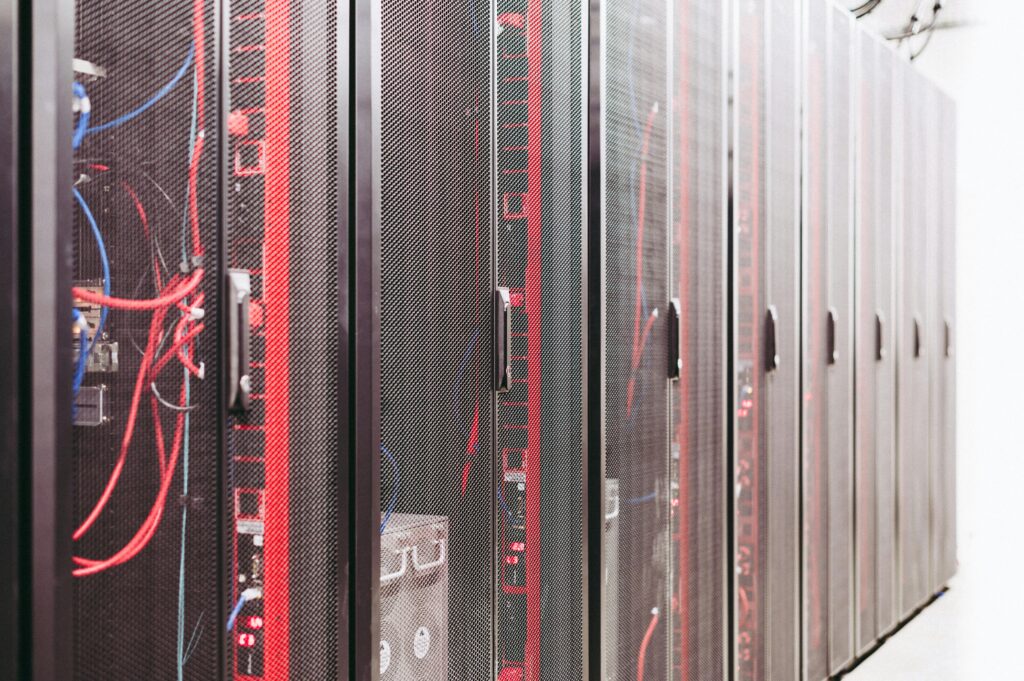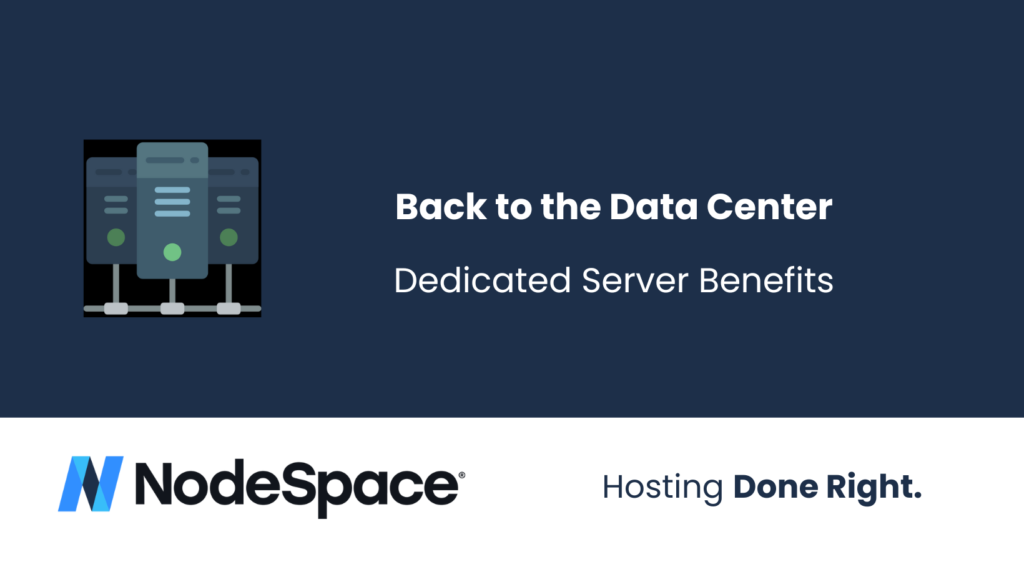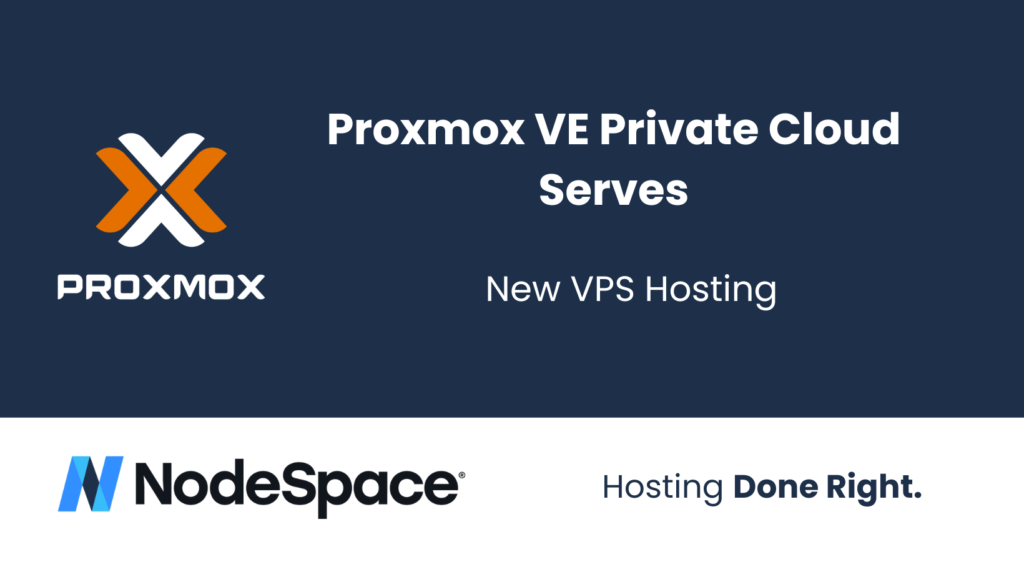The cloud has undeniably revolutionized the way businesses operate. Public cloud platforms offer scalability, cost-efficiency, and a plethora of services. However, as businesses grow and their data becomes more sensitive, the need for greater control, security, and performance often arises. This is where dedicated servers come into play.
Dedicated server benefits extend far beyond those offered by public cloud environments. With a dedicated server, you gain exclusive access to hardware resources, enabling optimal performance for your applications. Unlike shared environments where resources are divided among multiple users, a dedicated server provides consistent and predictable performance, even during peak traffic periods.
Unmatched Performance and Control
One of the most significant dedicated server benefits is the unparalleled level of control you have over your IT environment. You have complete administrative access, allowing you to customize hardware, software, and configurations to perfectly align with your specific needs. This level of customization is often restricted in public cloud environments.

Moreover, dedicated servers deliver exceptional performance. Since you’re the sole user, you enjoy the full power of the server’s CPU, RAM, and storage. This translates to faster loading times, improved response times, and a smoother user experience. Whether you’re running resource-intensive applications or handling large volumes of data, a dedicated server can handle the load with ease.
Enhanced Security and Compliance
Security is a paramount concern for businesses of all sizes. Dedicated servers offer a higher level of security compared to public cloud environments. By having exclusive access to your server, you can implement robust security measures tailored to your organization’s specific requirements. This includes firewalls, intrusion detection systems, and encryption, among others.

Additionally, dedicated servers provide greater control over data residency, ensuring compliance with industry regulations such as GDPR or HIPAA. In contrast, public cloud data might be spread across multiple data centers, making compliance more complex.
Scalability and Flexibility
While often associated with rigid infrastructure, dedicated servers can be highly scalable. You can start with a server that meets your current needs and easily upgrade as your business grows. Whether it’s adding more RAM, increasing storage capacity, or scaling up to a more powerful processor, you have the flexibility to adapt to changing demands.

Furthermore, dedicated servers offer greater flexibility in terms of software and application deployment. You can install any operating system or software you need without restrictions, allowing you to optimize your environment for specific workloads.
Cost-Effectiveness
The initial investment in a dedicated server might seem higher compared to public cloud options. However, dedicated servers can be more cost-effective in the long run, especially for businesses with growing needs. You avoid variable costs associated with public cloud usage and have better control over your IT expenses.

Additionally, dedicated servers often offer better performance-to-price ratios compared to public cloud instances. This means you can achieve the same level of performance for a lower cost by opting for a dedicated server.
Dedicated server benefits are clear: unmatched performance, enhanced security, greater control, and scalability. While public cloud has its place, for many businesses, a dedicated server is the ideal solution for their IT infrastructure. By understanding the advantages of dedicated servers, you can make informed decisions about your hosting strategy.
Have you considered migrating from a public cloud to a dedicated server? Share your thoughts and experiences in the comments below!



